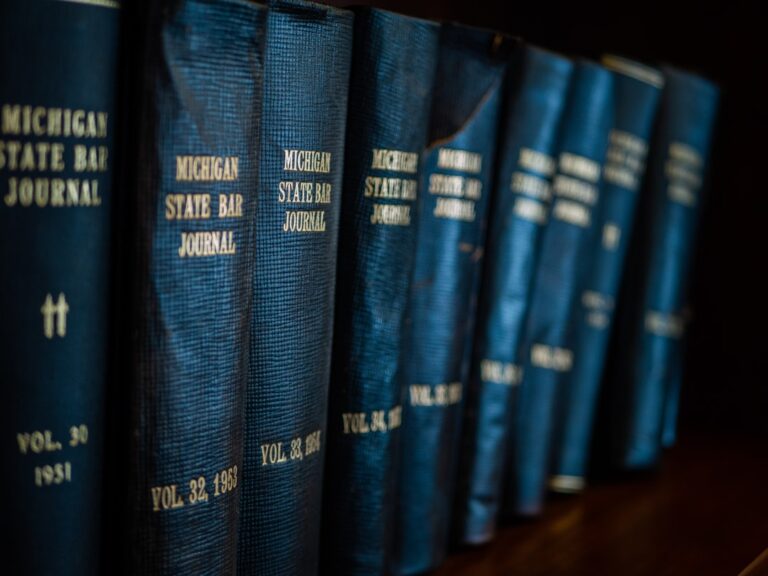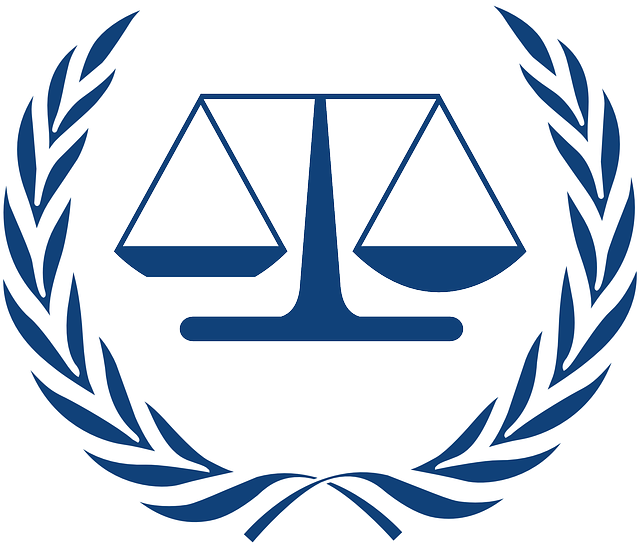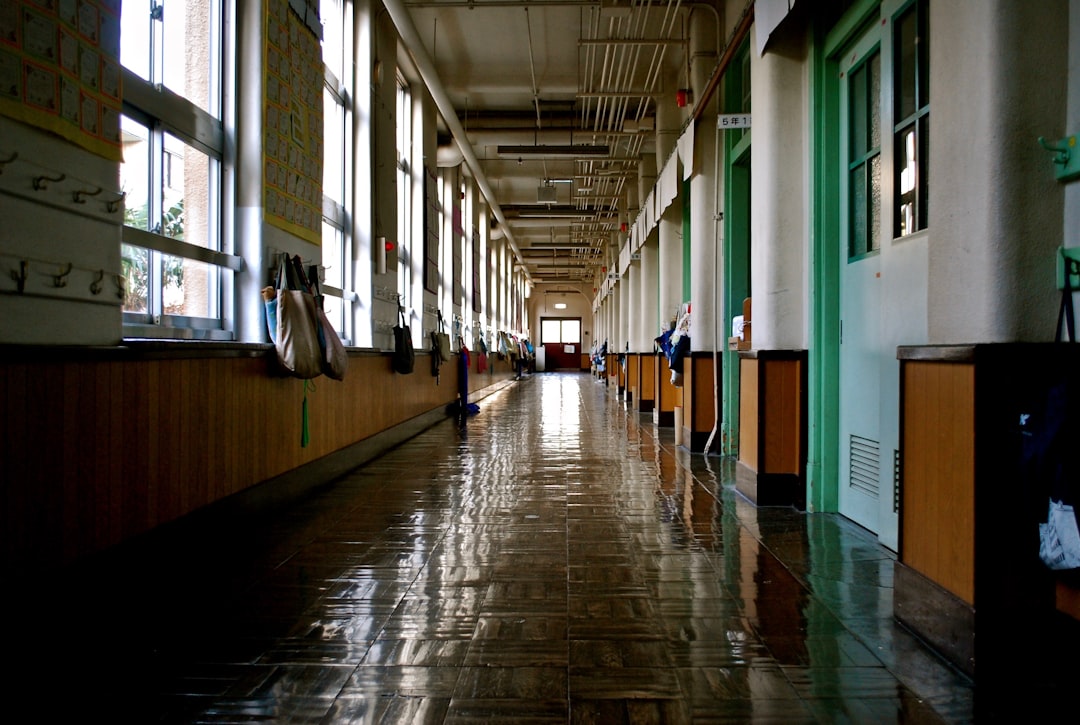Pittsburgh educators must understand strict laws and local regulations regarding sexual abuse in schools to identify, report, and prevent misconduct. Training to recognize subtle red flags, such as behavioral changes or non-verbal cues, empowers teachers to intervene and connect students with support systems. Reporting procedures prioritize student safety, requiring immediate reporting of suspected abuse to designated officials, documentation, parent notification, and collaboration with law enforcement, as advocated by school abuse attorneys in Pittsburgh, PA.
In Pittsburgh, Pennsylvania, ensuring student safety from sexual abuse is paramount. This comprehensive guide explores the critical role of educators in recognizing and reporting such incidents. With a focus on local laws, this article equips school staff with the knowledge to identify potential red flags and understand meticulous reporting procedures. By delving into these essential topics, we aim to empower Pittsburgh school educators and connect them with vital resources, including school abuse attorneys, to foster a safer learning environment.
Understanding Pittsburgh School Abuse Laws

In Pittsburgh, recognizing and reporting sexual abuse in schools is governed by stringent laws designed to protect students. It’s crucial for educators to be familiar with these regulations, which aim to ensure a safe learning environment. Familiarizing themselves with local laws, as well as seeking guidance from school administrators and even consulting with school abuse attorneys in Pittsburgh PA, can equip educators with the knowledge needed to identify potential instances of abuse and take appropriate action.
Understanding the legal framework surrounding school abuse is essential for maintaining a culture of safety. Educators play a vital role in detecting and preventing sexual misconduct by understanding their obligations under Pennsylvania law. This includes knowing how to respond when a student discloses an incident, as well as the reporting procedures outlined in Pittsburgh’s educational policies. By staying informed about these laws, educators can confidently navigate complex situations and help ensure that victims receive the support they need.
Training Educators: Identifying Potential Red Flags

Educators play a pivotal role in recognizing and preventing sexual abuse within Pittsburgh schools. Training should equip them with tools to identify subtle red flags that may indicate a student’s vulnerability or potential involvement in abusive situations. This includes learning to recognize changes in behavior, such as sudden withdrawal from social activities or academic performance decline, which could signal underlying issues.
School abuse attorneys in Pittsburgh, PA, emphasize the importance of training in observing non-verbal cues and understanding the impact of trauma on young individuals’ lives. By being attuned to these signs, educators can proactively intervene and connect students with necessary support systems, ensuring their safety and well-being.
Reporting Procedures: Protecting Students' Safety

In Pittsburgh schools, the reporting procedures for sexual abuse are designed to ensure students’ safety and well-being. When a teacher or staff member suspects or witnesses any form of sexual misconduct, they must immediately report it to the designated school official or law enforcement. This prompt action is crucial in protecting vulnerable students and preventing further harm.
School abuse attorneys in Pittsburgh, PA, often emphasize the importance of clear protocols. Educators are trained to identify red flags, such as unusual behavior, changes in attitude, or inappropriate interactions. Upon recognition, they must follow a structured process, including documenting incidents, informing parents or guardians, and collaborating with authorities. Such procedures safeguard students’ rights and ensure that perpetrators face legal consequences.





